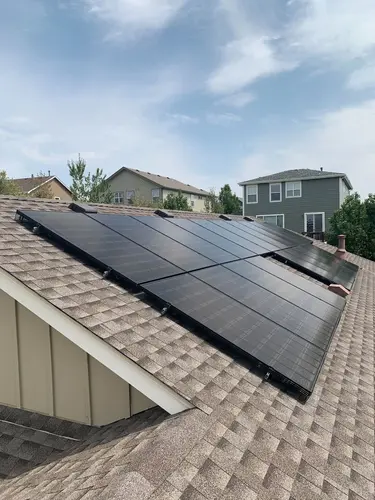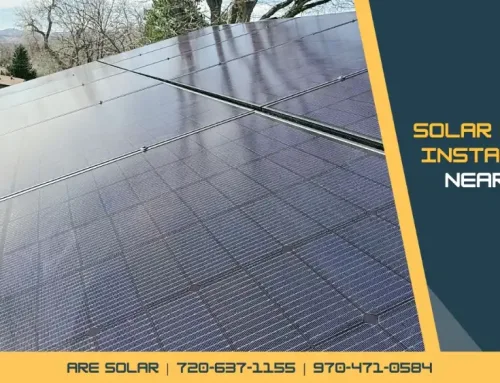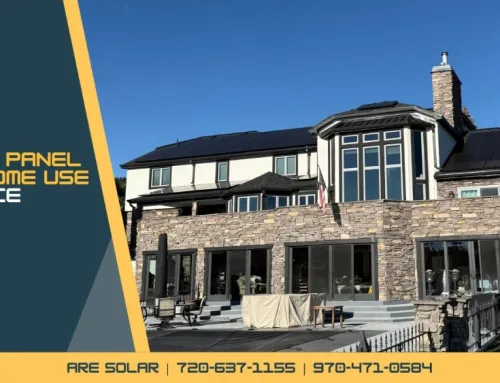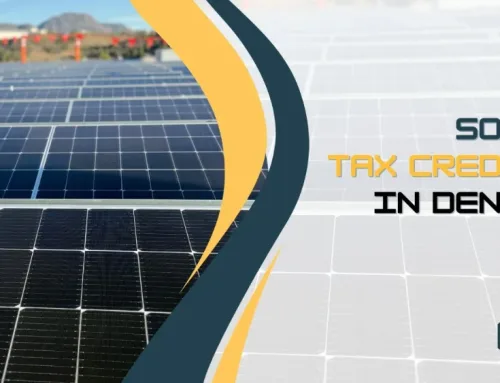If you’ve been thinking about going solar, this year might be your last best chance to save big. A newly proposed bill in Congress aims to eliminate the federal Residential Solar Tax Credit (Section 25D) by December 31, 2025. This potential change could significantly reduce the financial benefits of going solar for millions of American homeowners, including those right here in Colorado.
For years, the 30% tax credit has helped families cut the upfront cost of solar by thousands of dollars, making clean energy both affordable and accessible. But if this bill passes, that incentive could vanish almost overnight, leaving many homeowners without one of the most powerful reasons to switch. As one of the reputable solar panel companies in Denver, we want to make sure our community is informed and prepared, especially if you’ve been waiting for the “right time” to install solar panels.
Spoiler: that time is now.
As a homeowner, this is more than just a political headline. This could impact your ability to go solar affordably, protect your energy bills from future spikes, and increase your home’s long-term value. With this new development, timing has never been more crucial. If your system isn’t fully installed and operational by the end of 2025, you might lose out on the full 30% federal incentive.
Let’s walk through what’s changing, why it matters, and how to take action before this window of opportunity closes.
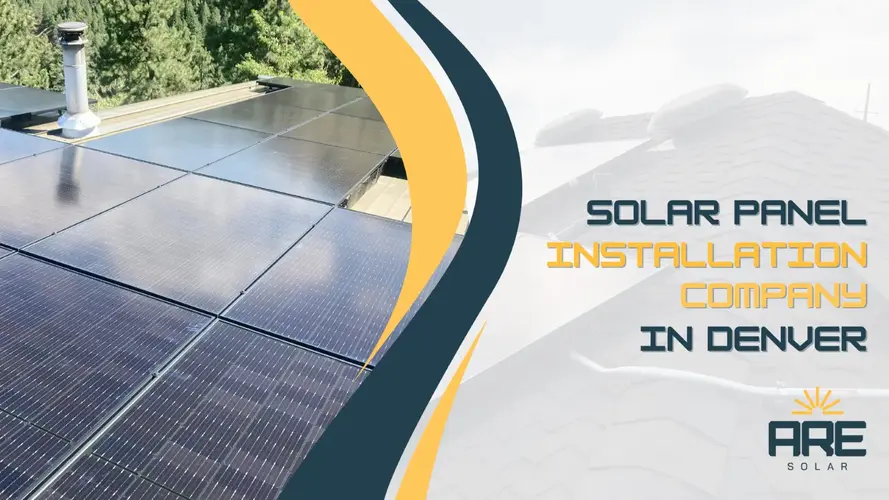
What’s the Federal Solar Tax Credit—and What’s Changing?
The Residential Clean Energy Credit (Section 25D) has been one of the most effective tools in helping homeowners across the country transition to solar. Under current legislation, eligible homeowners can receive a federal tax credit equal to 30% of the total cost of a residential solar energy system. That includes panels, inverters, batteries, labor, permitting, and even sales tax in some states.
What’s Being Proposed?
The newly proposed bill from the House Ways and Means Committee would eliminate Section 25D entirely after December 31, 2025. Unlike previous phase-outs, which offered a gradual reduction in benefits over several years, this version cuts the credit off with no transition period.
If this bill passes into law, homeowners would only have until the end of 2025 to complete their solar installation and place the system into service. Anything installed in 2026 or beyond wouldn’t qualify for the 30% credit, no matter when you signed your contract.
Why This Matters for Colorado Homeowners
Colorado has long been a stronghold for clean energy adoption. With abundant sunshine, increasing utility rates, and a high level of environmental awareness, solar just makes sense here. In fact, thousands of homeowners across the Denver metro area have already made the switch and are now enjoying the benefits of energy independence and lower utility bills.
But this policy change could shift that momentum. If you’ve been searching for solar panel company within 5 miles of Denver or considering adding solar panels to your home, you now have another compelling reason not to wait.
What You Could Lose if You Wait
- $5,000 to $15,000 in lost tax savings, depending on your system size
- Increased demand may overwhelm installation timelines, meaning delays could cost you the credit
- Less favorable financing options if federal support decreases
- Longer payback periods, stretching ROI from 6–8 years to 10+ years
The Solar Installation Timeline: Why You Need to Start Now
Solar Is Not a One-Week Project
Installing a solar system isn’t like buying a new appliance. It involves engineering, permits, utility coordination, and scheduling—things that can take 8 to 16 weeks depending on local government workloads and installer availability.
With this proposed legislation making headlines, solar panel companies in Denver are already reporting an uptick in interest. That means the longer you wait, the longer your timeline could become, potentially pushing your project into 2026 and out of tax credit eligibility.
Here’s What’s Involved in Going Solar:
- Consultation and site evaluation
- System design and engineering
- Permit submission and approval
- Installation scheduling and completion
- System inspection and utility approval
- Activation and interconnection
To guarantee you’re eligible for the 30% federal tax credit, your system must be up and running by December 31, 2025. That doesn’t leave much wiggle room, especially as installers book out months in advance.
Partnering with Solar Panel Companies in Denver Is A Smart Investment—But Right Now, It’s Even Smarter
Even if Section 25D disappears, solar will continue to offer value. You’ll still benefit from reduced electricity bills, higher home resale value, and protection from unpredictable rate hikes. However, the financial math is strongest today, with all incentives currently in place.
Here’s Why 2025 Is the Sweet Spot:
- Incentives + lower equipment costs + rising utility rates = the highest ROI window
- Lock in predictable, low energy costs for 25+ years
- Boost your home’s value by an average of $15,000+
- Show leadership in your community by supporting energy independence
Without the tax credit, solar will still pay off but may take longer to see those returns.
Want to Maximize Your Solar Savings? Partner with ARE Solar Today!
The proposed repeal of the solar tax credit is a wake-up call for homeowners. If you’ve been thinking about solar—or if it’s been on your “someday” list—that someday needs to become today.
ARE Solar has been helping the Denver metro area homeowners since 2009 transition to clean, affordable energy through custom solar installations. Our team of experienced engineers and project managers will walk you through the process, make sure you understand all your options, and fast-track your system to meet the 2025 deadline.
We know that finding a solar panel company within 5 miles of Denver matters. That’s why we prioritize responsiveness, local permitting expertise, and honest, data-driven system design.
Call us today or request a free estimate online to get started. Let’s protect your savings, your energy future, and your chance to claim the full 30% federal tax credit before it disappears.
Because once this bill passes, waiting won’t be an option anymore.


